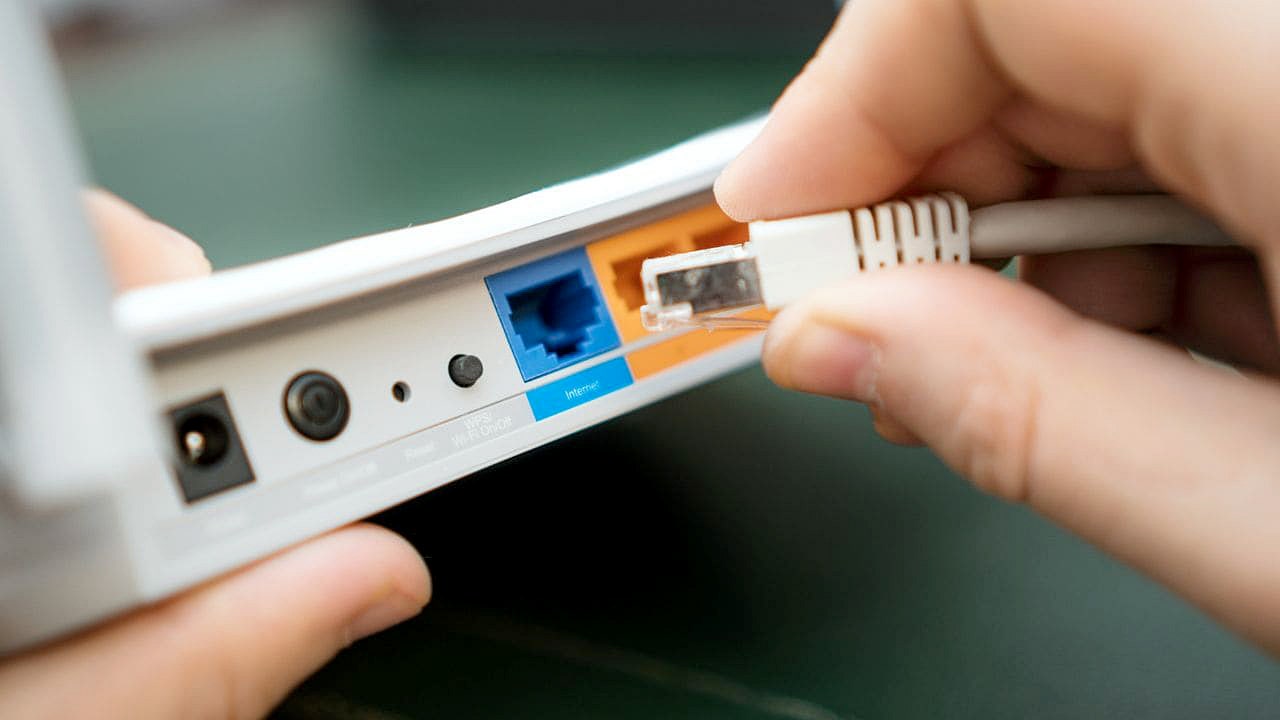Home Wi-Fi network could be putting you and your personal data at risk

Home Wi-Fi networks are essential for connecting to the internet, allowing us to browse, stream content, and work from the comfort of our homes. However, the convenience of a home Wi-Fi network also comes with the responsibility of ensuring its security. In today’s digital age, where personal and professional information is constantly being shared online, it’s crucial to take steps to protect your Wi-Fi network from potential threats.
One common misconception is that a home network is automatically secure because it is private. In reality, home networks are often targeted by hackers due to their weaker defenses compared to corporate networks. Weak settings or outdated equipment can make it easy for hackers to compromise your network, putting sensitive information at risk.
To ensure the security of your home Wi-Fi network, it’s important to invest in a quality router. A modern router with strong encryption, regular firmware updates, and secure login credentials is essential for safeguarding your network. Regularly checking for firmware updates and changing default login passwords are simple yet effective ways to enhance security.
Encryption is another key element in securing your Wi-Fi network. Strong encryption protocols such as WPA3 or WPA2 ensure that data transmitted over your network is encrypted, making it unreadable to unauthorized users. It’s important to avoid outdated encryption methods like WEP, as they are highly insecure.
Creating a strong Wi-Fi password is also crucial for protecting your network. A complex password that includes a mix of letters, numbers, and symbols is harder to crack than a simple password. Using a password manager to generate and store passwords can help you keep track of multiple secure passwords.
Regularly monitoring the devices connected to your network can help you identify any unauthorized users. Disabling features like Wi-Fi Protected Setup (WPS) and enabling MAC address filtering can further enhance security. Setting up a separate guest network for smart devices and visitors can also reduce the risk of unauthorized access.
Using a Virtual Private Network (VPN) adds an extra layer of security by encrypting your internet traffic and protecting your online privacy. A reliable VPN is essential for ensuring a secure connection and safeguarding your data from prying eyes.
In addition to securing your Wi-Fi network, it’s important to install strong antivirus software on all devices connected to your network. Antivirus software can block malware and phishing attempts, keeping your devices safe from online threats.
By taking these proactive steps to secure your home Wi-Fi network, you can protect your personal and professional information from potential cyber threats. Remember, the key to a secure network lies in strong encryption, secure passwords, regular firmware updates, and vigilant monitoring of connected devices.
Stay safe and secure online!




